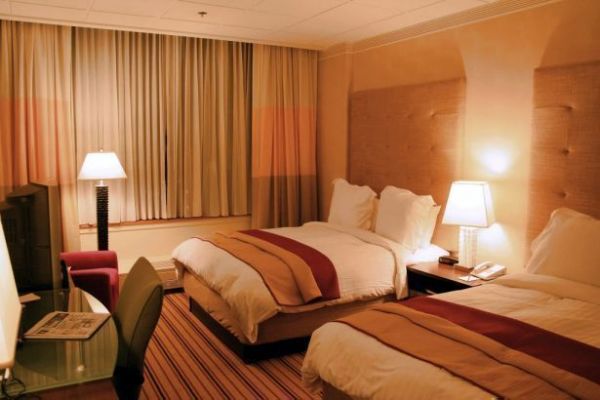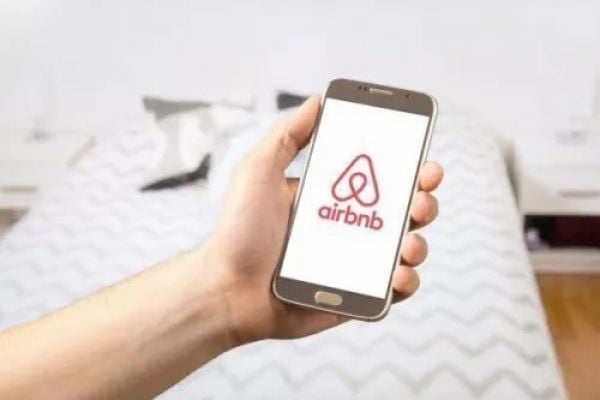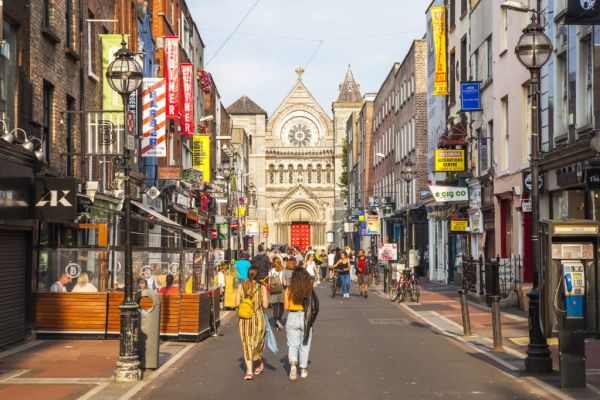Marriott International Inc., which became the world’s largest hotel operator with its $14 billion purchase of Starwood Hotels & Resorts Worldwide Inc., moved to combine the companies’ frequent-guest programs as it integrates 10 new brands into its stable of 17 chains.
Members of Starwood’s loyalty program will have the same status in Marriott’s and customers who link their accounts will be able to transfer three Marriott Rewards points for each Starwood point, the company said in a statement on Friday. Marriott had previously said the two loyalty programs would operate independently until 2018.
Marriott, based in Bethesda, Maryland, completed its purchase of Starwood on Friday, surpassing Hilton Worldwide Holdings Inc. as the biggest chain by number of rooms and market value. To win Starwood, Marriott fended off a challenge from China’s Anbang Insurance Group Co., which ignited a bidding war in March before walking away later that month.
Marriott wants to be all things to all travellers at a time when they have more accommodation choices. Buying Starwood increases Marriott’s market share outside the U.S. and gives it more luxury and lifestyle hotels, including the W chain. Starwood also brings Marriott 21 million loyal guests, though there is some overlap with the 56 million members in Marriott’s own rewards program. The combination gives guests more choice about where to spend and accrue points.
Loyalty Motive
“A major reason we’re doing this deal is the loyalty programs,” Marriott Chief Executive Officer Arne Sorenson said earlier this year. The integration, which Marriott says will take about two years to complete, also helps the company cut costs.
“Bigger is better, and Marriott will be closer to being a one-stop shop for consumers in terms of geography and price point,” said Michael Bellisario, an analyst at Robert W. Baird & Co. “Before, you might not have had a good Starwood option in a secondary or tertiary market, but now you do.”
Big hotel chains have introduced new brands aimed at millennials and stepped up marketing on social media to compete with Airbnb Inc. Earlier this year, Marriott and other large operators began a new effort to attract direct bookings to reduce commissions paid to online travel agents, offering discounts to loyal guests and providing perks such as free Wi-Fi.
The enlarged Marriott oversees 5,700 properties with more than 1.1 million rooms. Before buying Starwood, Marriott operated or franchised more than 4,500 hotels. Besides its namesake brands, the company owns the Ritz-Carlton, Bulgari, Edition, Renaissance, Fairfield Inn and Protea flags. Starwood’s brands include Sheraton, Westin, St. Regis and Element.









